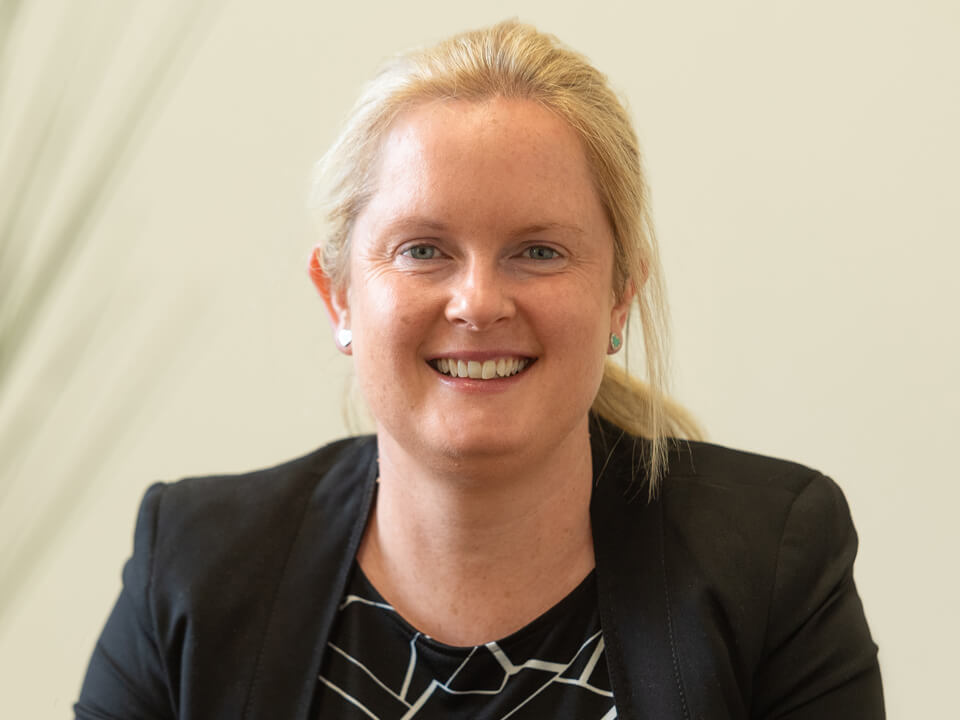Physician Associates and Medical Negligence Claims
NHS Physician Associates (PAs) hit the headlines when their care was allegedly been substandard. The PAs operate with only two years training and are supposed to assist doctors in basic care, however sometimes that care is blurred and they are undertaking more serious procedures potentially putting patients at risk.
NHS Physician Associates
They should work as part of a medical team under the supervision of doctors and surgeons. In the NHS they support the diagnosis and management of patients but are not independent practitioners.
With an increasing number of PAs planned to support the NHS medical negligence solicitors say their use should be in addition to, and not instead of doctors, and patients have a right to know who is treating them.
At Pearson we have specialist medical negligence solicitors and over the years have gained extensive experience in a wide variety of medical negligence cases, but those involving Physician Associates are relatively new as the positions have only been in place for 20 years and patients have been unaware of the difference.
Our medical negligence solicitors were approached by a national newspaper (Daily Mail) to comment on the increasing use of this practice in hospitals and the alleged lack of supervision and negligent care.
Medical Negligence cases involving Physician Associates
A member of our Medical Negligence team, solicitor Daniel Phelps, is currently working on compensation claims involving PAs, one of which is anticipated to be valued at upwards of £1million in damages, and he predicts more will come on stream as patients and their families become increasingly aware of the role and its use in the NHS.
“An associate implies that they able to work independently of senior supervision,” said Daniel.
“So, for example, an associate solicitor is one-step down from a partner and they are largely self-sufficient when running cases, but if you’re an assistant solicitor, you are usually assisting the partner, the same cannot be said for a Physician’s Associate who require a significant amount of supervision from a doctor.”
“I do think we’d be on the right track if we re-named this professional group as ‘physician assistants’. Assistant leads you to believe that there's someone else in charge of the care, and they are providing a service for that person who is then making the decisions,” said Daniel.
He says the Physician Associates legal standing is also unclear.
“If we are bringing a claim and we need an expert opinion, we can’t get that from a Physician's Associate as by definition, expert PAs don't exist.”
“First of all, the profession is too new for there to be any experts and, second, by definition, they are supposed to be under the supervision of another, they are in any event generalists who are increasingly being trusted with more difficult procedures and care. They can't be an expert in their field because they are, for lack of a better term, assisting with the care and I think that the name of the profession should reflect that.”
“The legal test is always ‘would a reasonable or responsible body of professionals working in that field have supported the action taken/not taken in those circumstances?’ But the difficulty is that there is no reasonable and responsible body of opinion for Physician Associates,” added Daniel.
What does a Physician Associate do?
- Taking medical histories from patients.
- Performing physical examinations.
- Diagnosing illnesses and developing management plans.
- Ordering and interpreting diagnostic tests, such as blood work or X-rays.
- Providing health education and preventive care advice.
- Performing certain procedures, such as taking blood or inserting catheters.
- However, they are not licensed to prescribe medication or order ionising radiation (e.g., X-rays or CT scans).
- PAs are not independent practitioners and have limitations, such as not being able to prescribe medication.
- They cannot work in isolation and must always consult with or refer to supervising physicians when needed.
Their role was introduced to address workforce shortages and ease the strain on primary and secondary care and a PA can work in a variety of settings, including GP surgeries, hospitals, and emergency departments.
The NHS Long-Term Workforce Plan sees PAs as a vital part of expanding the workforce, particularly in areas with fewer doctors.
“In the actions we're bringing at the moment we're pursuing them on the basis that a PA should be held to the standard of the job role that they're acting in – so if they're in the GP practice, we hold them to the standard of a GP, similarly the same goes for hospital care,” added Daniel.
“A Physician Associate may be used when care needs are stretched, but this leads to inadequate supervision and especially in complex cases this will inevitably increase the chance of treatment going wrong.”
How can we help?
If you have any concerns over medical care you or a family member have received then contact our medical negligence solicitor on 0161 785 3500 or email enquiries@pearsonlegal.co.uk
Subscribe to our newsletterPlease note that the information and opinions contained in this article are not intended to be comprehensive, nor to provide legal advice. No responsibility for its accuracy or correctness is assumed by Pearson Solicitors and Financial Advisers Ltd or any of its members or employees. Professional legal advice should be obtained before taking, or refraining from taking, any action as a result of this article.






